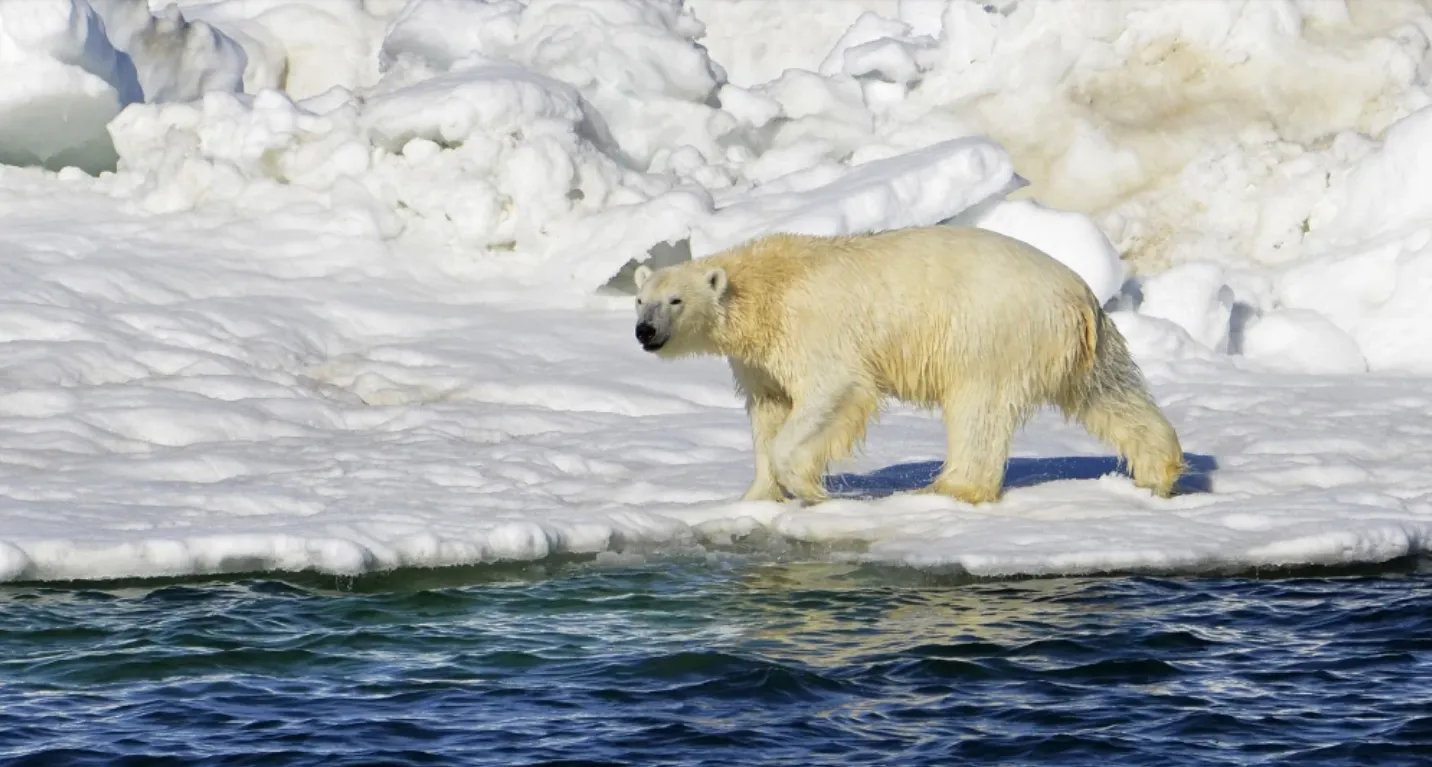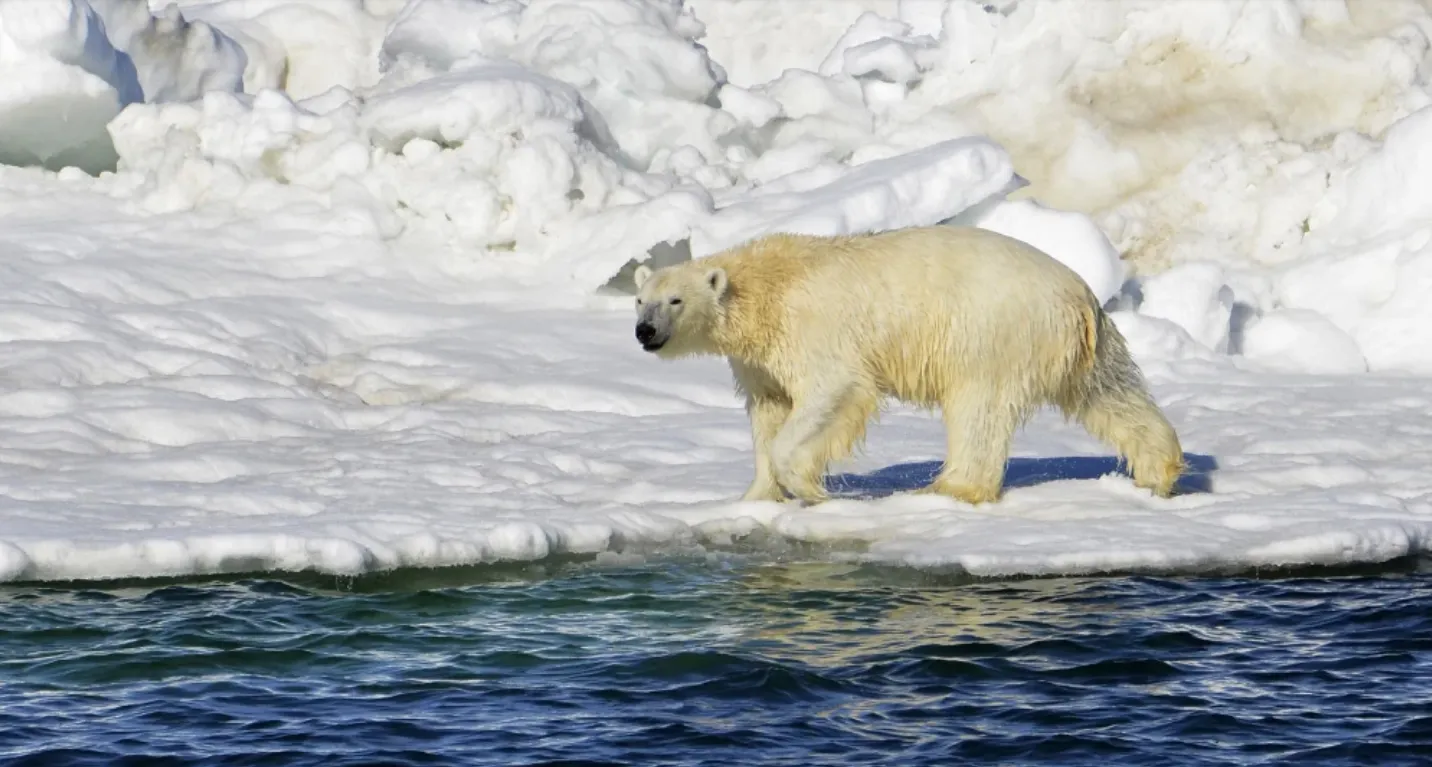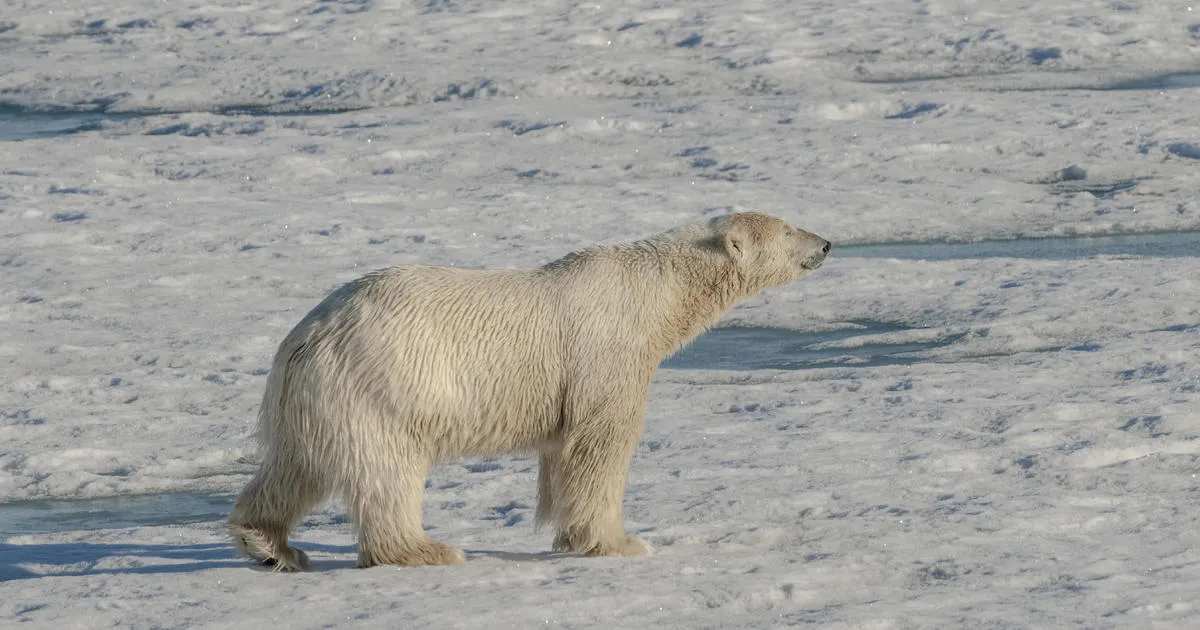
Tragic Polar Bear Attack Claims Worker’s Life at Remote Canadian Arctic Radar Station

In a rare and tragic incident, two polar bears attacked and killed a worker at a remote radar station on Brevoort Island, Nunavut. The facility is operated by Nasittuq Corporation. This heartbreaking event occurred on Thursday and has deeply affected the tight-knit community of workers at the radar station. The name of the victim has not been released, but the loss is felt profoundly by colleagues and loved ones.
Nasittuq Corporation expressed its condolences in a statement, saying, “Our thoughts and prayers are with the family, friends, and colleagues affected by this loss. We are providing support to the family of the deceased during this difficult time. Additionally, we are offering counseling services to all employees affected by this.”
Rare Polar Bear Attacks Highlight Arctic Challenges

Polar bear attacks are exceedingly rare, as these majestic creatures typically avoid human contact. This incident underscores the challenges and dangers faced by those living and working in Arctic regions. In response, Nasittuq Corporation is working closely with local authorities and regulatory agencies to conduct a thorough investigation into the circumstances surrounding the attack, aiming to prevent future occurrences.
The status of the bears involved in the attack remains unclear. Authorities, including the Royal Canadian Mounted Police, are actively gathering more information about the incident and working to determine if the bears have been located and managed appropriately.
Understanding Canada’s Polar Bear Population

Canada is home to over 17,000 polar bears, representing about two-thirds of the global polar bear population. These animals are managed and protected under various federal, provincial, and territorial wildlife acts, highlighting the delicate balance between conservation efforts and ensuring human safety.
This tragic incident follows another polar bear attack that occurred a year ago in Alaska, where a mother and her 1-year-old son were killed. In that case, a resident shot the bear as it rampaged through the small community of Wales, demonstrating the potential danger when polar bears encounter humans.
Ensuring Safety in Remote Arctic Regions
As investigations continue, this event serves as a poignant reminder of the harsh realities of life in remote Arctic areas and the unpredictable nature of wildlife encounters. The tragedy has sparked discussions about the need for improved safety measures and protocols to protect those who work in such isolated and challenging environments. The community and authorities are now focused on healing and learning from this sorrowful event to prevent similar incidents in the future.
By raising awareness about the risks and realities of working in the Arctic, this tragedy may lead to enhanced safety practices and a deeper understanding of the importance of coexistence between humans and wildlife in these remote areas.



